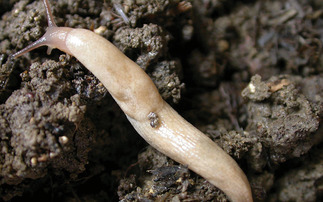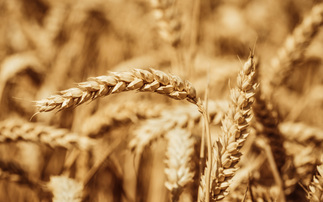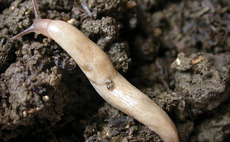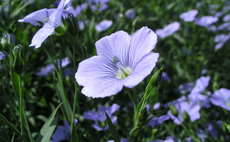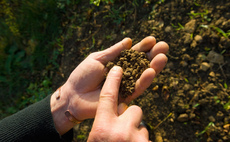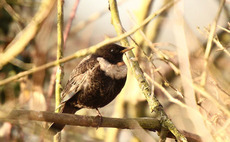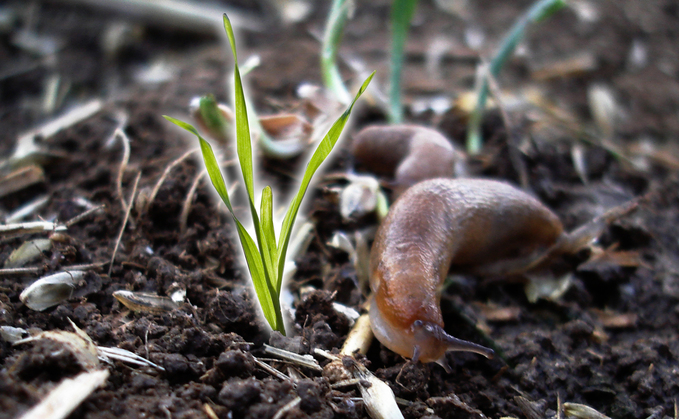
The idea to create a project centred around researching the effect of beetle populations on slug control came after farmer and BOFIN slug-resistant wheat trial participant Becky Berry noticed a reduction in slug numbers but an increase in beetles during autumn 2022.
Ms Berry says: "Every time we went to the slug trap, there were beetles, but we didn't know what they were.
"We thought that because of the warmer and drier weather, the higher population of beetles might have suppressed the slugs. The fact that nobody knew [the answer], made us keen to monitor these effects."
With over 350 different species in the UK and 35 common in farmland, carabid beetles are a known beneficial predator of aphids, slugs and up to 4,000 weed seeds per square metre, per day according to Rothamsted Research entomologist, Dr Kelly Jowett.
She says: "I think of [carabid beetles] as the hyenas of the beetle world. They will eat pretty much anything they come across."
Read more:��Farmers needed in study to find slug resistant wheat
More data required
Dr Jowett says that the violet ground carabid beetle and the black clock carabid beetles have the largest effect on slug populations, although more data is required to draw firm conclusions.
BOFIN is calling for ‘Slug Sleuths' to monitor populations of beetles and slugs, where participants will be provided with full guidance and support with trap set-up, individual beetle identification and population recording to collect data and advance the potential slug control strategy.
All traps are supplied by BOFIN, subject to availability, and will require monitoring once per week for six weeks at a minimum distance of five metres between the slug and beetle traps. BOFIN founder Tom Allen-Stevens explains that movement within the monitoring fields must be minimised to ensure accurate representation of both species.
Read more:��Five top tips to tackle serious slug threat
Research so far
During Dr Jowett's PhD studies over the past six years, she has completed research looking into the effects of field margins on the abundance of beetles in different crops.
Measuring carabid beetle abundance in crops including maize, spring oilseed rape, sugar beet, and winter oilseed rape, Dr Jowett found the highest abundance in field centres, which was a direct contradiction to all previous research which suggested that carabid beetles did not venture into the centre of crops and were more commonly found in the field margins.
She says: "When we broke this down into species, this was mostly the black clock species which is a key predator of slugs, so this is great news that we are finding them in the crop centres."
Read more:��Could plant breeding provide a slug threat solution?
Crop margins
At the 330-hectare Rothamsted 51AV��Ƶin Harpenden, Dr Jowett investigated the effect different crop margins, including grass and wildflower, had on the beetle populations within the centre of crops, including spring barley, spring oilseed rape, winter barley, winter oilseed rape and wheat.
"The abundances of beetles vary by kind of crop, but universally where you have a grass margin on the crop edge, there were fewer beetles measured, indicating that that margin may act as a barrier to getting in the crop."
The beetle abundance was even less in wildflower margins, suggesting they also act as a barrier for carabid beetles to access the crop.
"Field margins may not be important for carabid beetles but they are important for other invertebrates.
"I'm not saying take out your field margins, but we may want to think about the placement of them a bit where you want the beetles to move between,"
More info
For more information or to get involved with the project visit: http://bofin.org.uk/slimers/





